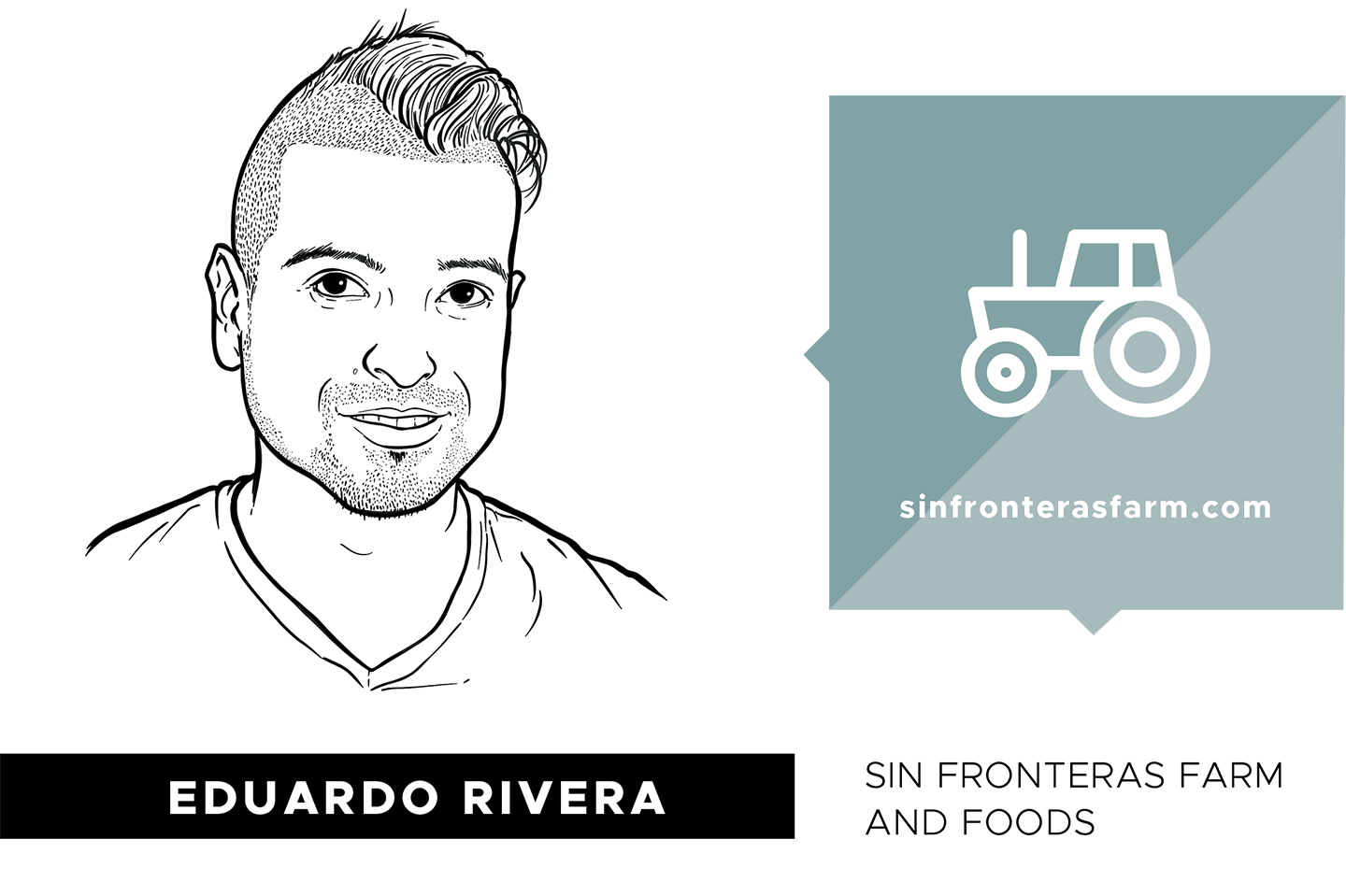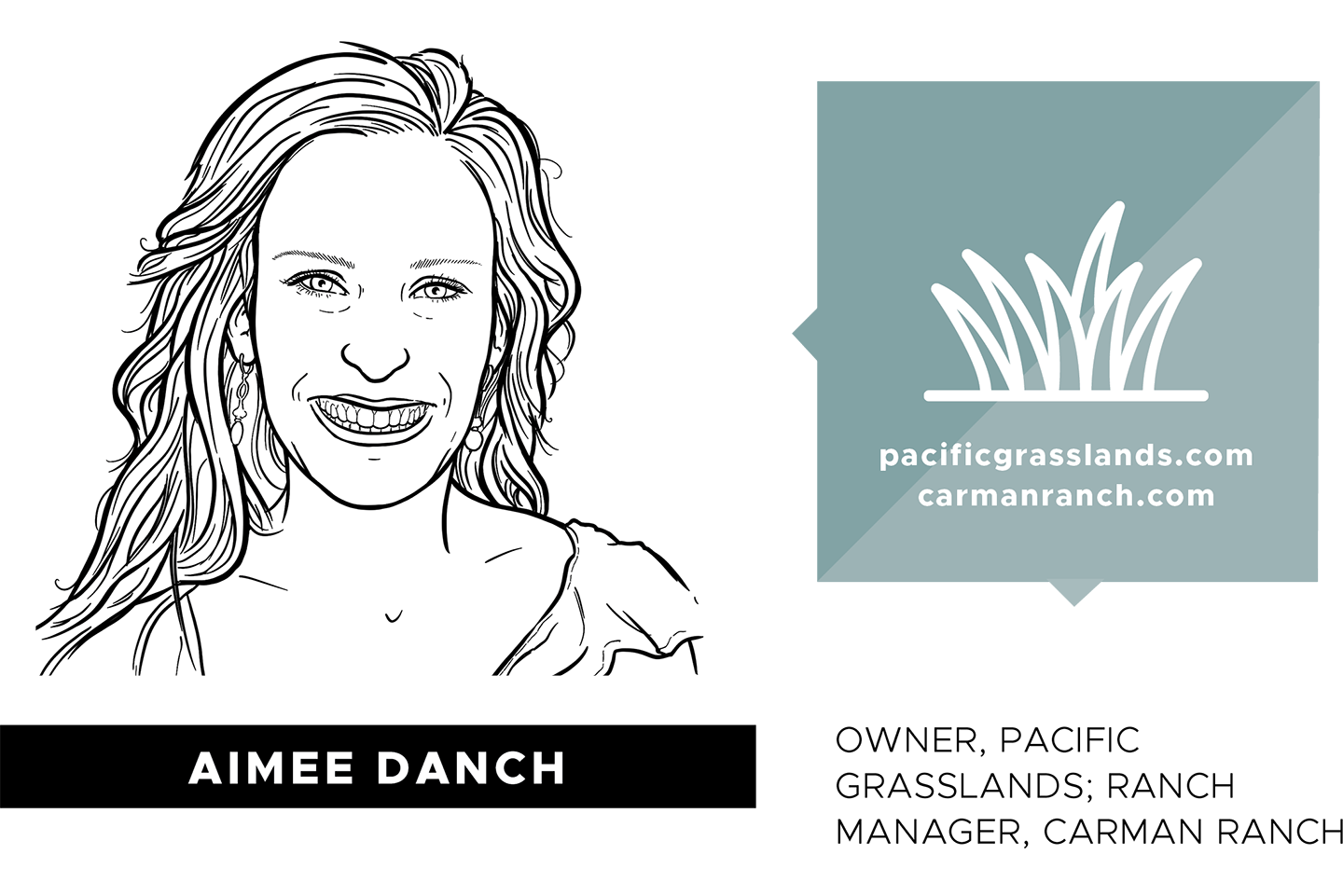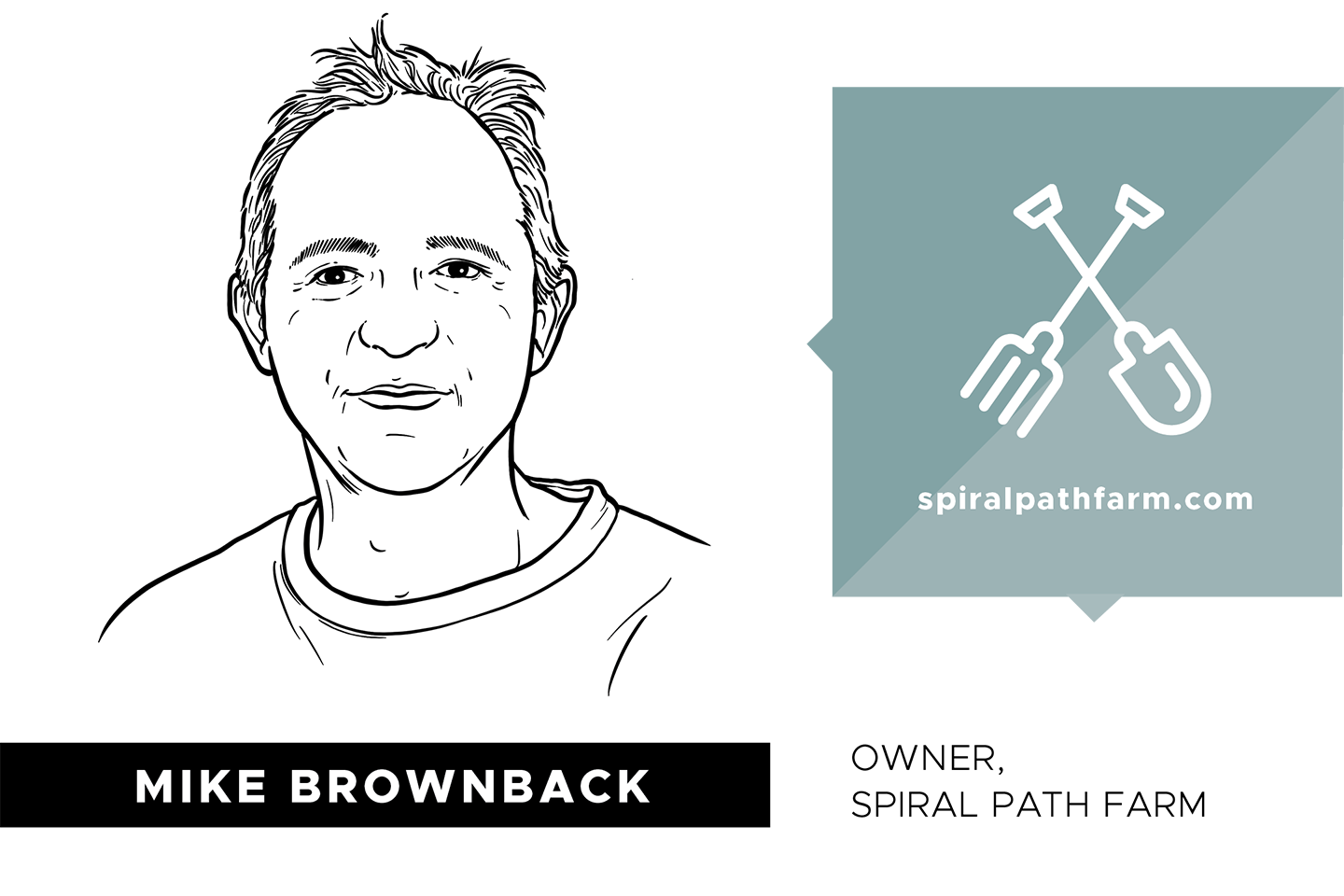
What does viability mean to you?
I didn’t intend to get into farming at all, let alone become wealthy doing it. It’s been a little difficult to build a viable business in the sense that I don’t own my own land and I can’t have infrastructure there, so everything that I’ve been able to build is in Minneapolis, where I live — and the farm is about 25 minutes out of the city.
The issue that keeps me in it is both that land access is a much of a problem as it is important for me to become landowner of my business. But also changing the perspective of what a successful farmer looks like in the U.S., I don’t think we’re included as farmers of color in that process. The whole thing that keeps me hungry for change is my focus on being in somewhat of a leadership position to be able to advocate for other young farmers of color that might want to get into agriculture that can see me as an example and kind of thrive on that.

What does viability mean to you?
Modern farm viability is no longer about being skilled at what you do, finding a niche, producing an honest product, embodying ingenuity, and working until the job is done. Most livestock producers are now dependent on providing agricultural services, leveraging relationships, outside investment, or partaking in what can be reaped from a broken system. At scale, our ranches should be able to be solvent from the products they produce.
Viability for the independent farmer will persist to be elusive until the true cost of food is unveiled. Everyone is a participant in agriculture, chewing not just for taste and nutrition but for social justice and for an earth we dream worthy of our children and those yet born. It isn’t about year-end numbers through perfecting what we do, it is about a cultural shift to understand that fixing our food system and restoring honor to those who work with their hands is a biological imperative.
I show up every day because of the moments in life when I find our world too beautiful to be true. Responsible and transparent ranching is a way to participate in that exquisite cycle of life.

What does viability mean to you?
Farm viability makes me think back to when my wife Terra and I bought the farm back in 1977, and the challenges of going from being suburban kids to trying to farm. It’s been a process. When my wife and I were in our early years, and I’m talking early twenties, and buying a farm, we didn’t really have much of a template to follow. We knew what our basic values were, for good food and for lifestyle, but these things evolve and change as you grow. There’s a lot of stress in a family to get from that difficulty to where it’s more comfortable. Then as you go along, your children grow up. One of the best things you can give to your children is freedom to do what they want. Then, one of the most gratifying components is, the kids had their freedom, they went out and they did what they wanted to do, and then they realized, “Hey, farm life wasn’t really that bad.” In fact, that’s what they yearn for, and that’s how they want to raise their children — in a farm atmosphere.



















